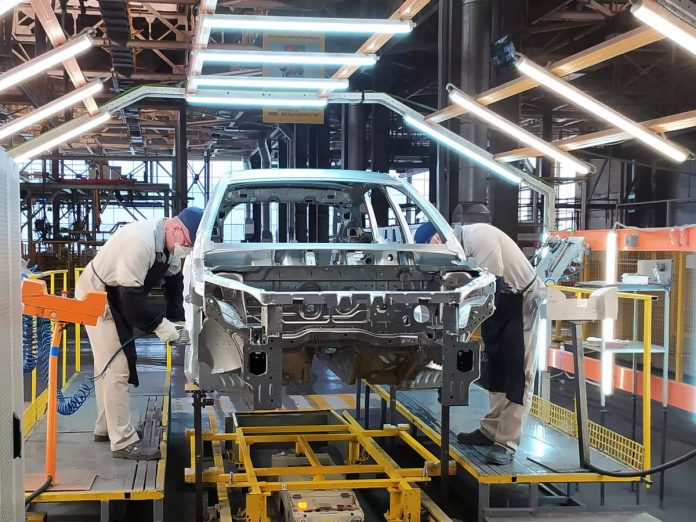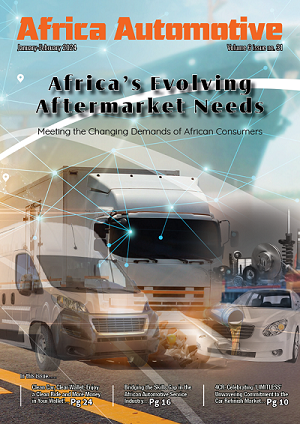Russia’s auto manufacturers are looking to Africa for price competitive operations as the Russian ‘Sanctions Road Initiative’ spreads its routes further away from Western influence. Evgeny Terekhin, Moscow’s Ambassador to Addis Ababa, in Ethiopia, has said that several Russian auto manufacturers were looking at Ethiopia as a possible destination for establishing an assembly plant.
The intent was made public following last week’s meetings between Russian State Duma Chairman Vyacheslav Volodin and the Ethiopian House of Federation Speaker Agegnehu Teshager, where the two sides discussed economic cooperation. “Ethiopia is an important Russian partner in Africa. We have always conducted such dialogue with Ethiopia, and have maintained relations for more than 125 years.” Volodin said.
He noted that Russian companies are interested in long-term cooperation with Ethiopian partners in areas such as mining, energy, transport, construction, and agriculture, and highlighted that trade between Russia and African nations has been growing, with combined turnover reaching US$18 billion in 2022.
In the main, African countries sell fruits, vegetables, tea, coffee, flowers, and precious woods to Russia, while the lion’s share of Russian imports from Ethiopia is coffee, while more than half of Russia’s exports to the country in 2022 were wheat. In addition, Russia exports oil products and paper products to Ethiopia.

The interest in Ethiopia is an interesting one – and especially as Moscow also wants Port access and a potential naval base on the Red Sea. Plans for Russian interest in Port Sudan have been delayed, meaning interest in Djibouti as an export base is heating up. China also has a naval base in Djibouti and will be supportive of Russia’s regional trade and investment plans.
Auto assembly in Ethiopia would give Russian manufacturers access to markets not just back to Russia and the EAEU, but also the Middle East, East Africa and South Asia.
Vehicle use in these regions is expected to significantly increase due to improved economic prospects, while Russia has been very active in encouraging African nations to join the BRICS and EAEU in mutual trade incentives. Ethiopian assembly would provide a useful margin of price competitiveness if the labour force can be sufficiently trained.
European manufacturers have found it hard to penetrate the African markets due to colonial hangovers and resistance to Western foreign policies concerning the region. African nations also agreed the African Continental Free Trade Agreement (AfCFTA) in 2021, which eliminated tariffs on intra-African trade, making sourcing and exporting much easier and increasingly competitive.





